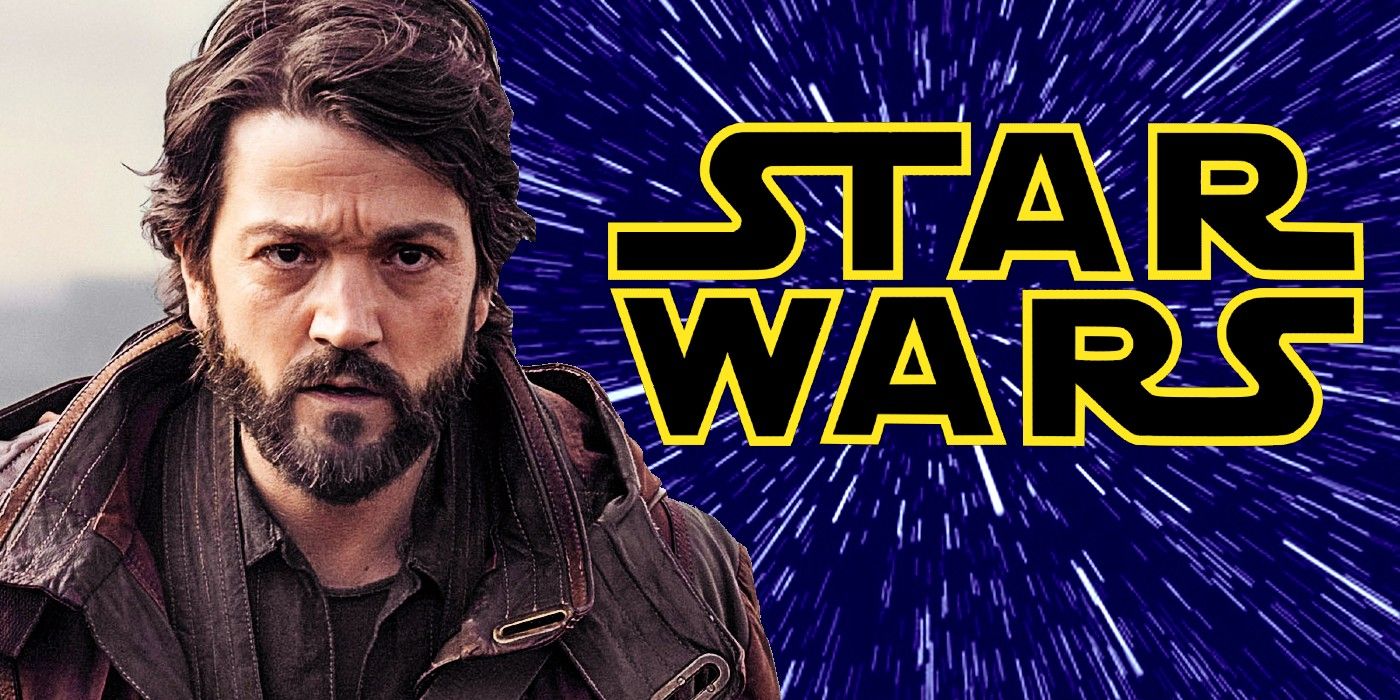
In contrast to the lavish acclaim from critics and “Star Wars” enthusiasts, they often overlook a significant factor that sets the series apart. The two-season show on Disney+, being the first and currently the only one in the extensive saga tailored for mature audiences, delves deeply into the political ideology of the “Star Wars” universe. Remarkably, this exploration disregards the Force, a cornerstone of the mythos, which I find enhances the series immensely as a fan appreciative of both the political and spiritual symbolism in this universe.
Although some argue that Star Wars should steer clear of politics entirely, George Lucas intentionally crafted the films and The Clone Wars animated series in a way that made them comprehensible for children, while embedding deeper political themes within the subtext – a layer many fans of my generation and beyond may have missed. My preferred film is Return of the Jedi, and I recall when it was considered the “dark” Star Wars. When the prequel trilogy emerged, many fans of my generation brushed off the intricate political conflicts within the Republic and the rigid debates among the Jedi. As an adult-oriented series, Andor represents a concentrated embodiment of the anti-authoritarian political undercurrents that run through Star Wars, albeit one that largely overlooks the spiritual principles of the Force – aspects Lucas considered crucial.
George Lucas Evolved the Philosophy of the Force in the Original & Prequel Trilogies
The Political Themes in Star Wars Are Not as ‘Important’ as the Spiritual Ones
Despite having watched the original Star Wars trilogy as a child, some aspects of the story didn’t become entirely clear to me. The Empire was ruthless enough, destroying planets, but the nature of the Force was less straightforward. I knew that the Light Side represented good and the Dark Side was evil, but I didn’t fully grasp why. Watching the prequels as a more politically aware young adult helped me appreciate how inefficiency, corruption, and power struggles eventually led to the rise of the Empire. However, even then, ideas like maintaining balance in the Force and the dangers of attachments remained somewhat unclear.
In this part of Lucas’s philosophy, although I didn’t fully comprehend all its intricacies initially, it significantly influenced my personal beliefs. Similar moral stances on the act of killing enemies can be found in Star Wars, DC Comics, and Luke’s choice not to kill his father resonated with me, even though I didn’t immediately grasp why. Yoda’s statement about fear leading to anger, hate, and ultimately more suffering was clearer. As I delved deeper into Star Wars and came to understand Lucas’s perspective on the Force, I began to appreciate its implications for both the narrative and political aspects of the saga.
Looking back, the concept of the Force is straightforward to grasp. Individuals align themselves with the Light Side by making unselfish decisions and valuing all life, particularly in situations where they must choose between taking or sparing it. On the other hand, those who resort to violence and prioritize their own interests over others due to fear, are drawn towards the Dark Side. This alignment with the Force, whether Light or Dark, reflects a character’s moral compass. Given this, the Force is not relevant in Andor, as it serves to emphasize characters’ ethical choices rather than being a central element of the story.
The Jedi and the Sith Represent Two Disparate Ways of Interacting With the Force
Star Wars Makes It Seem Like ‘Magic,’ Which Is Why Andor Avoids It
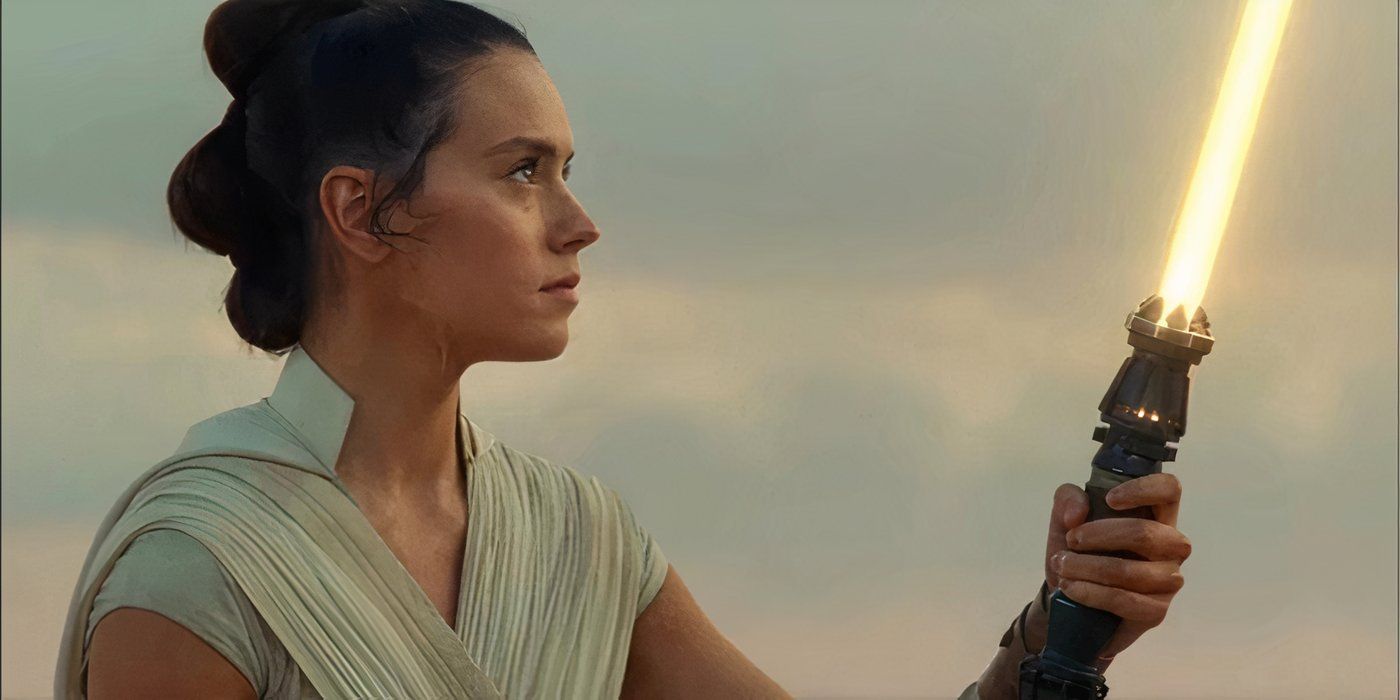
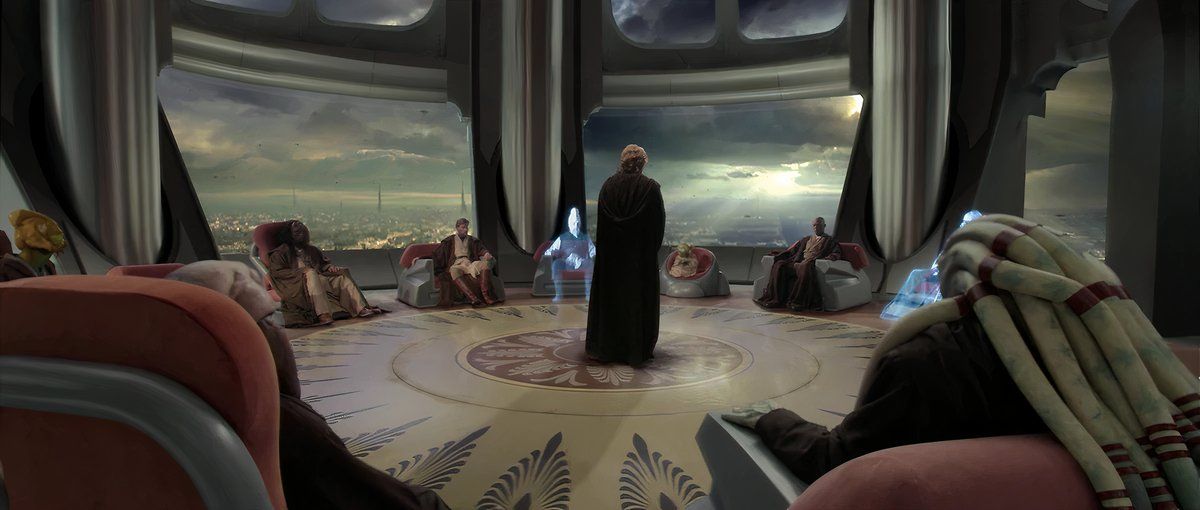
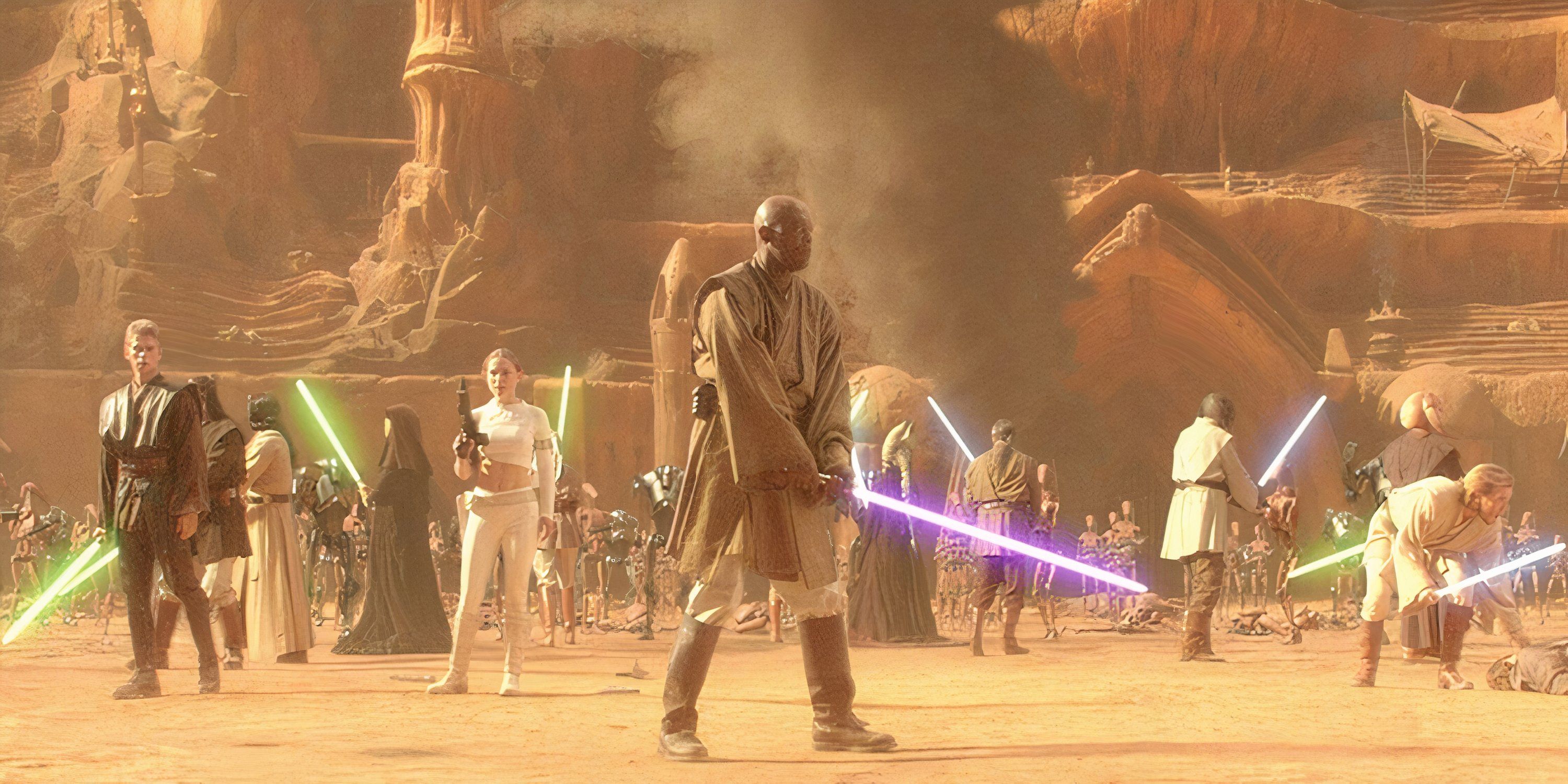
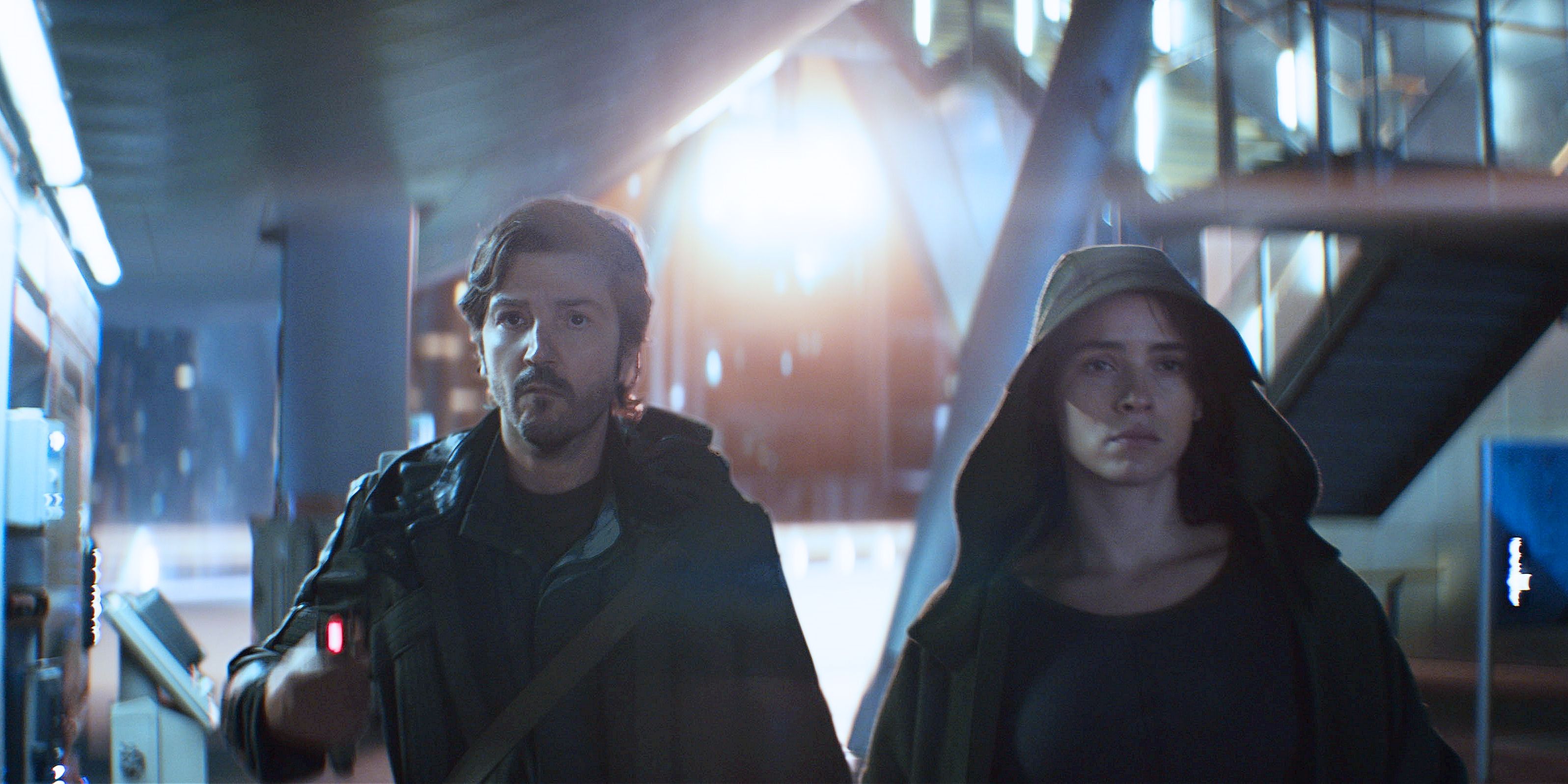
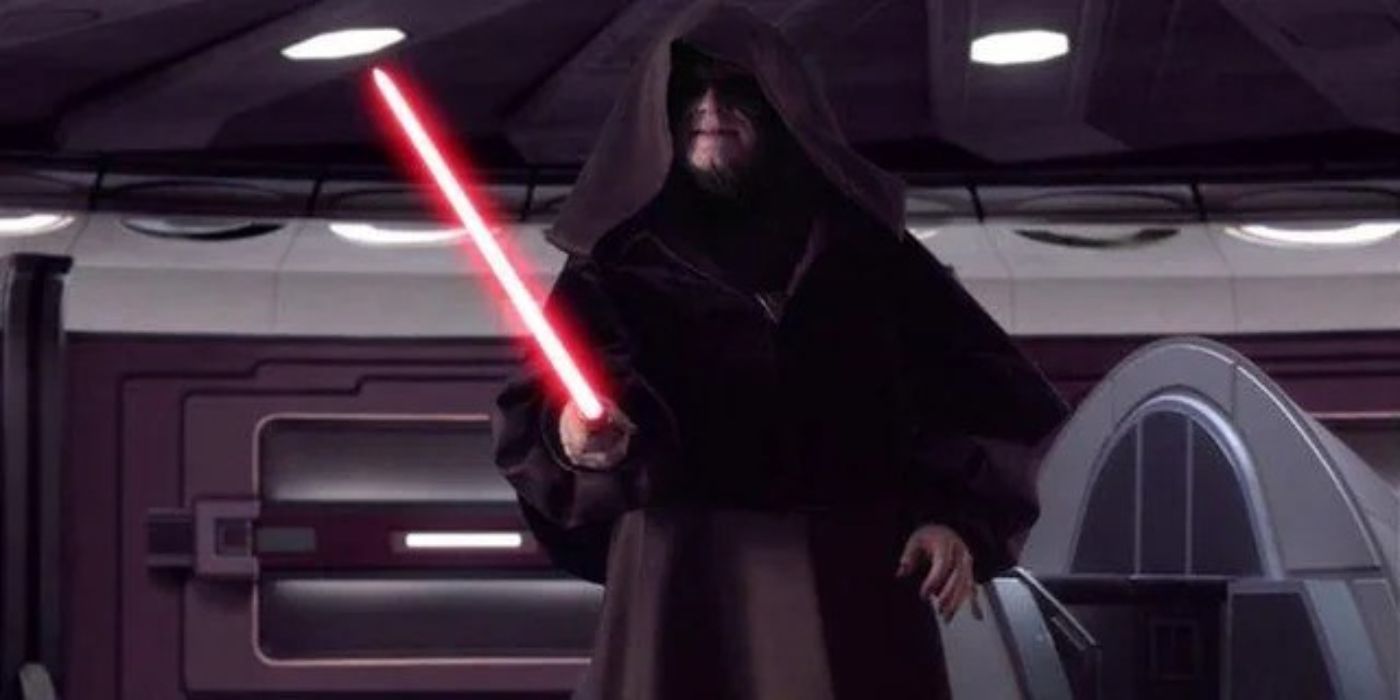
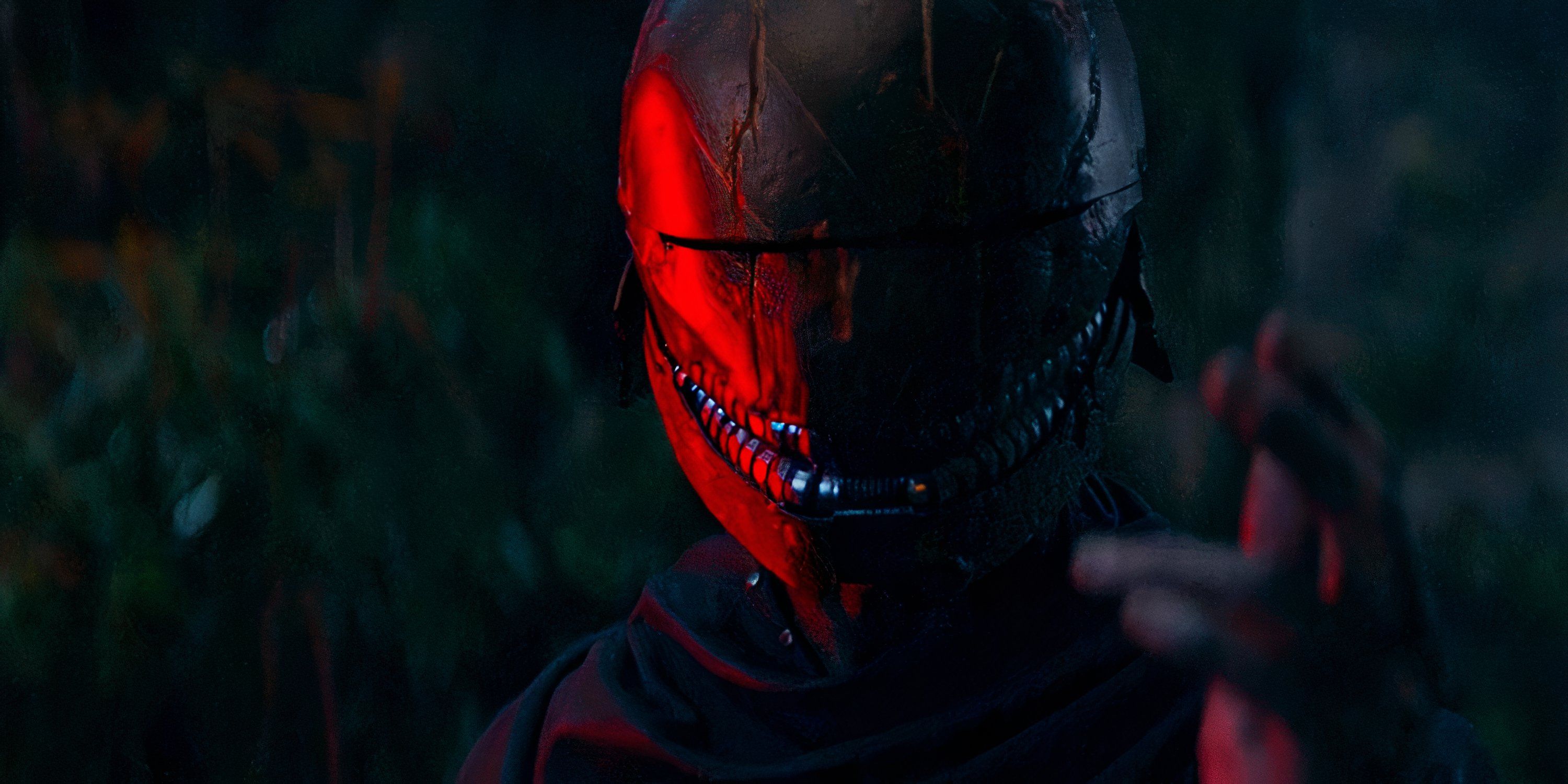
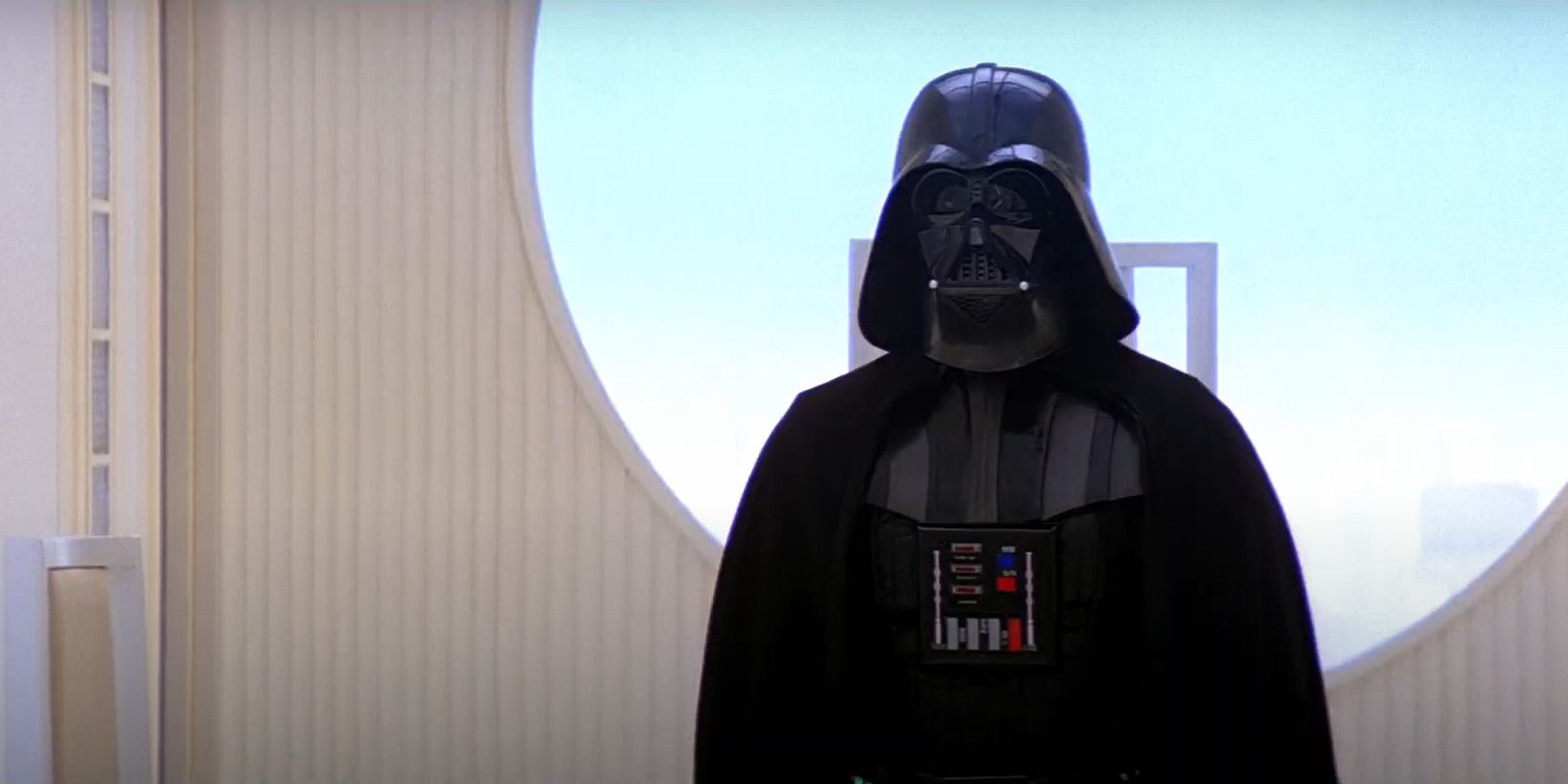
At Cannes 2024, he mentioned his co-workers on his films, adding that “many concepts…somehow got misplaced” during the sequel trilogy, including the idea of a Cosmic and Living Force. He observed that Jedi adherents clung rigidly to their doctrines, while Sith rules were meant to be defied. However, the interaction between the Jedi and Sith in the prequel period was intriguing to viewers. When Lucas introduced other groups, like the Nightsisters, the Force shifted from a spiritual allegory towards more traditional fantasy enchantment.
- The Cosmic Force exists outside of time and space, binding the galaxy together, and its “will” is seen as destiny.
- The Living Force is created by and binds all living things together through organelles known as midi-chlorians.
- The Jedi are guided by the Living Force while alive and, in death, become “one” with the Cosmic Force
In contemporary Star Wars, a key aspect of George Lucas’s philosophy is reflected: Strict adherence to unyielding rules without moral flexibility can lead to an imbalance within an organization, such as the Jedi Order in the prequels. The Order, focused on Republic politics rather than serving the Light Side, often disregarded the natural flow of the Force, akin to the Sith who manipulated it for their own desires. This tendency is frequently demonstrated through extraordinary abilities beyond human capability, which can be seen in both the Jedi and the Sith across various episodes and films.
In a slightly different phrasing: Characters in stories don’t necessarily need magic to solve problems, though it can enhance dramatic tension. While I feel that omitting the Force overlooks a significant aspect of George Lucas’s overall philosophy, it is sometimes necessary. This omission introduces a moral ambiguity that traditional Star Wars heroes often lack. Viewers are familiar with the choices made by rebel characters, but shows like Andor invite us to question those decisions without the spiritual guidance of the Force. Characters such as Mon Mothma and Saw Gerrera act selflessly, yet they are not free from fear, anger, or hate, resulting in a great deal of suffering among them.
Even Though It’s Not Discussed, the Force Affects Andor’s Characters Just the Same
Luke Skywalker Was Important Because the Galaxy Was Without Hope for So Long
Although the Force itself wasn’t closely scrutinized by many, it was largely unknown among the majority of Imperial officers and soldiers that Palpatine was a Sith Lord. However, when he manipulated the Chosen One towards the Dark Side and wiped out the Jedi Order, this disturbed the equilibrium of the Force significantly. The actions of both Imperials and Rebels are not merely a matter of character; rather, they operate in an environment where few know about the Jedi, Sith, or the true might of the Force. Consequently, there’s no spiritual model for them to emulate.
As a passionate moviegoer, I’d rephrase it like this: “Experiencing the depth of Andor is truly enlightening, for it shows how Luthen’s ambiguous moral stand makes the series even more compelling. He doesn’t blindly believe his strategies for stirring the Rebellion are inherently ‘good.’ Instead, he’s trapped using his adversary’s methods in the struggle, sacrificing any hope of personal tranquility. Luthen is selfless to a fault, understanding that he may never witness the brighter future he strives to create across the galaxy.
As a devoted Star Wars enthusiast, I found myself utterly captivated by Andor, a series that skillfully navigates the complexities of the Force’s philosophy. Luthen, its charismatic protagonist, exhibits an unwavering commitment to the Rebellion, a battle he admits is fueled by “anger” and an insatiable “urge to fight.” His character straddles the line between light and dark, making him a unique embodiment of what might be termed a ‘Gray Jedi’ in the Star Wars universe.
However, it’s not just his actions that intrigue me; it’s the questions posed about Luthen’s character that truly resonate. Is he, like many Star Wars heroes, making conscious choices aligned with the Light Side? Or is there a darker influence at play, beyond his control? These are the thought-provoking queries that Andor presents, and as a fan of the saga, I eagerly await each new episode to unravel these enigmas further.
In the epic saga, Luke Skywalker’s unique gift for harnessing the Force sets him apart. He combats the Empire’s wickedness without being clouded by moral uncertainty, which adds to his extraordinary nature. On the other hand, characters in Andor experience the Force subtly, either benefiting or suffering from it. The intrigue lies in its open-ended exploration, allowing viewers to form their own interpretations about its influence.
On Tuesdays at 9 PM, you can catch the latest episodes of Andor exclusively on Disney+, where they’re also streaming alongside other Star Wars movies and shows.
Read More
- Clash Royale Best Boss Bandit Champion decks
- Vampire’s Fall 2 redeem codes and how to use them (June 2025)
- Mobile Legends January 2026 Leaks: Upcoming new skins, heroes, events and more
- World Eternal Online promo codes and how to use them (September 2025)
- Clash Royale Season 79 “Fire and Ice” January 2026 Update and Balance Changes
- Best Arena 9 Decks in Clast Royale
- Clash Royale Furnace Evolution best decks guide
- Best Hero Card Decks in Clash Royale
- FC Mobile 26: EA opens voting for its official Team of the Year (TOTY)
- Clash Royale Witch Evolution best decks guide
2025-05-05 21:06